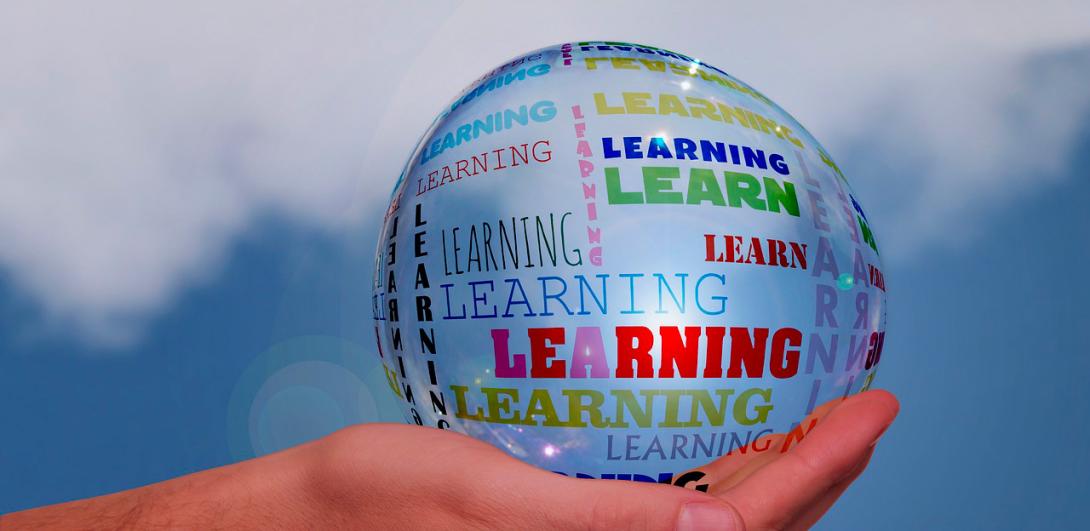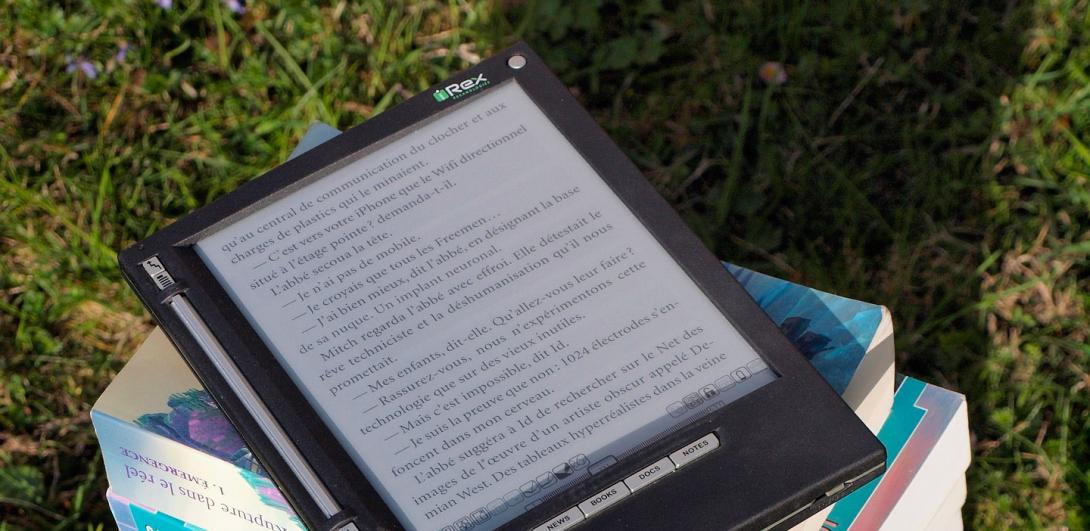Content Master's degree programs were introduced with the university reform 270/04 and have a duration of two years.
To be admitted to a master's degree program, one must have a bachelor's degree or a three-year university diploma, or another qualification obtained abroad and recognized as suitable.
The university establishes specific admission criteria for each master's degree program, which may include curricular requirements and the adequacy of the student's preparation, verified by the study programs with methods defined by each course, even for non-restricted admission programs. The admission criteria for each master's degree program are detailed on their respective web pages.
Students cannot be admitted to a master's degree program with educational deficits.
The legal value of the degree obtained in each master's degree program is defined by the ministerial class to which the program belongs: programs in the same class have the same legal value, thus allowing access to the same public competitions.
In addition to the master's degrees described below, the Department also offers inter-university courses in:
- Religions, Histories, and Cultures (LM64), with the University of Bologna and the Theological Faculty of Emilia Romagna, based in Bologna.
- Philosophy (LM78), with the University of Parma and the University of Ferrara, administratively based in Parma.
The master's degree is awarded after acquiring 120 university educational credits (CFU).
The university educational credit measures the effort required by the student to pass the assessment of a course (exam or suitability test). The number of credits assigned to the courses is determined by the Department. Credits for each course are awarded to the student after passing the exam, evaluated on a scale of thirty, or the suitability test at the end of the course.
In the Department of Education and Human Sciences, credits are acquired by passing the exams specified in the master's degree program to which the student is enrolled and in the chosen curriculum, where more than one is available.
To fully benefit from learning opportunities, attending classes is very important; however, attendance is not mandatory.
Among the CFUs earned in the master's degree program, there are also free-choice credits, which the student obtains by taking exams of their choice, consistent with their study path and included in their online study plan.
Students can apply for evaluation for access to the master's degree even if they expect to graduate by December; they can then enroll only after obtaining their bachelor's degree and being deemed suitable by the study program, according to the procedures outlined in the notices published on the university's website.

The program combines expertise in educational research, pedagogical consulting, and the design and evaluation of educational interventions. It provides a broad common base of studies related to pedagogical, philosophical, psychological, and sociological areas and is divided into two curricula. The first is Human Sciences for Pedagogical Research; the second curriculum is Educational Consulting and Planning. The new challenges faced by educational and socio-educational services, both in and out of school, require more than ever a professional figure capable of performing advanced functions in programming, organization, and coordination.

This program is designed to enhance the growing interconnection between humanities and digital technologies. It is primarily aimed at students with a humanities background who wish to acquire skills related to the use of digital resources and tools to support: (i) teaching; (ii) publishing; (iii) communication of cultural heritage. The educational offer is based on a common path and is divided into two different curricula (which develop in the second semester of the second year):
- Media Education for Literary Disciplines in Secondary School
- Digital Technologies for Publishing, Cultural Heritage, and Edutainment

The course, delivered in a blended format, aims to train professional pedagogists who are experts in the design, organization, management, and evaluation of educational and socio-educational services, with particular skills in the use of media and digital technologies.